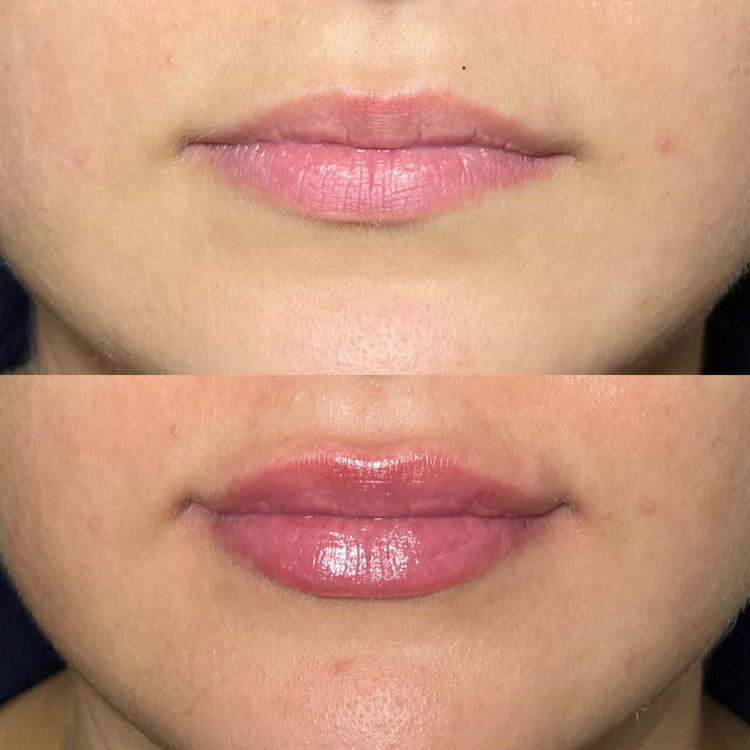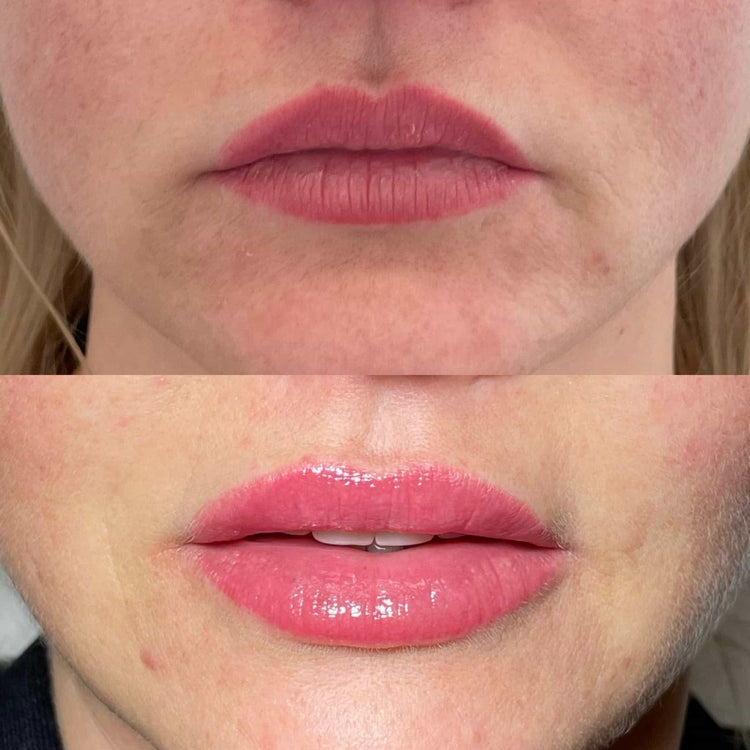What To Avoid Before And After Lip Fillers
Before Lip Fillers
Embarking on the journey towards fuller lips through lip fillers can be exciting, but it’s crucial to understand the pre- and post-procedure protocols. Certain actions taken before or after the procedure can significantly impact the outcome, potentially leading to complications or hindering optimal results. This article delves into essential things to avoid both before and after lip fillers, ensuring a smoother and more successful experience.
Sun Exposure
Sun exposure is a major factor to consider before getting lip fillers. The sun’s ultraviolet (UV) rays can damage the skin and increase inflammation, which can complicate the procedure and lead to undesirable results. Before your appointment, it’s essential to protect your lips with sunscreen with an SPF of 30 or higher. Avoid prolonged sun exposure and consider wearing a hat for added protection.
Smoking
Before getting lip fillers, it is important to avoid smoking.
- Smoking can decrease blood flow to the lips, making it harder for fillers to absorb properly and potentially leading to uneven results.
- Nicotine in cigarettes constricts blood vessels, which can also impede the healing process after the procedure.
Retinoids and Certain Medications
Before lip fillers, it’s important to avoid certain medications that can affect bleeding and bruising. Aspirin, ibuprofen, and other non-steroidal anti-inflammatory drugs (NSAIDs) should be discontinued several days before the procedure as they can increase the risk of bleeding and swelling.
Retinoids, a type of vitamin A derivative commonly used in skincare products for acne treatment and wrinkle reduction, can also thin the skin and make it more susceptible to bruising. It’s best to avoid using retinoids at least two weeks before your lip filler appointment.

Blood Thinners
Blood thinners are medications that interfere with the blood clotting process. These medications can increase the risk of bleeding during and after the lip filler procedure, leading to excessive bruising and swelling.
- It’s essential to inform your doctor or practitioner about any blood-thinning medications you’re currently taking, including aspirin, warfarin (Coumadin), clopidogrel (Plavix), and heparin.
Depending on the type and dosage of blood thinners, your doctor may recommend adjusting your medication regimen or postponing the lip filler procedure until it’s safe to do so.
After Lip Fillers
Preparing for lip fillers involves taking steps to ensure optimal results and minimize potential complications. Avoiding certain activities and substances before the procedure is crucial for a smooth experience. Protecting your lips from sun damage, abstaining from smoking, and adjusting medications can significantly impact the success of the treatment.
Touching or Rubbing the Lips
After getting lip fillers, it’s important to avoid touching or rubbing your lips excessively.
Touching and rubbing can irritate the injection sites, potentially causing swelling, bruising, or even migration of the filler.
It’s best to keep your hands off your lips and allow them to heal naturally.

Intense Exercise
After undergoing lip filler treatment, intense exercise should be avoided for at least a few days. Vigorous physical activity can increase blood flow and pressure in the face, potentially causing the filler to migrate or unevenly distribute. This can lead to undesirable results, such as lumpiness or asymmetry.
During the initial recovery period, it’s important to prioritize rest and gentle care for your lips. Light activities such as walking are generally acceptable, but strenuous workouts should be postponed until swelling and tenderness subside fully.
Makeup Application Immediately After
After lip fillers, makeup application should be approached with caution. It’s best to avoid applying any makeup to the treated area for at least 24 hours to allow the filler to settle and minimize the risk of irritation or infection.
Once you do apply makeup, opt for gentle products specifically designed for sensitive skin. Avoid using harsh scrubs or exfoliants on your lips as these can irritate the delicate tissue.
When applying lipstick or lip gloss, use a light hand and avoid rubbing or pressing too hard. Remember that your lips may be more sensitive than usual after the procedure.
It’s also important to remove makeup thoroughly at night to prevent clogged pores and breakouts.
Strenuous Activities
After lip fillers, strenuous activities should be avoided for at least a few days. Vigorous physical activity can increase blood flow and pressure in the face, potentially causing the filler to migrate or unevenly distribute. This can lead to undesirable results, such as lumpiness or asymmetry.
During the initial recovery period, it’s important to prioritize rest and gentle care for your lips. Light activities such as walking are generally acceptable, but strenuous workouts should be postponed until swelling and tenderness subside fully.
Hot Showers or Baths
After lip fillers, hot showers or baths should be avoided for at least a few days.
- The heat can increase blood flow to the lips, potentially causing the filler to migrate or unevenly distribute.
- Hot water can also irritate the injection sites and increase swelling.
- Why Does My Chin Look Too Big After Fillers? - November 10, 2025
- What Is The Best Treatment For A Saggy Neck In The UK? - November 8, 2025
- What Are The Best CBD Gummies For Stress-Free Travel - November 7, 2025

